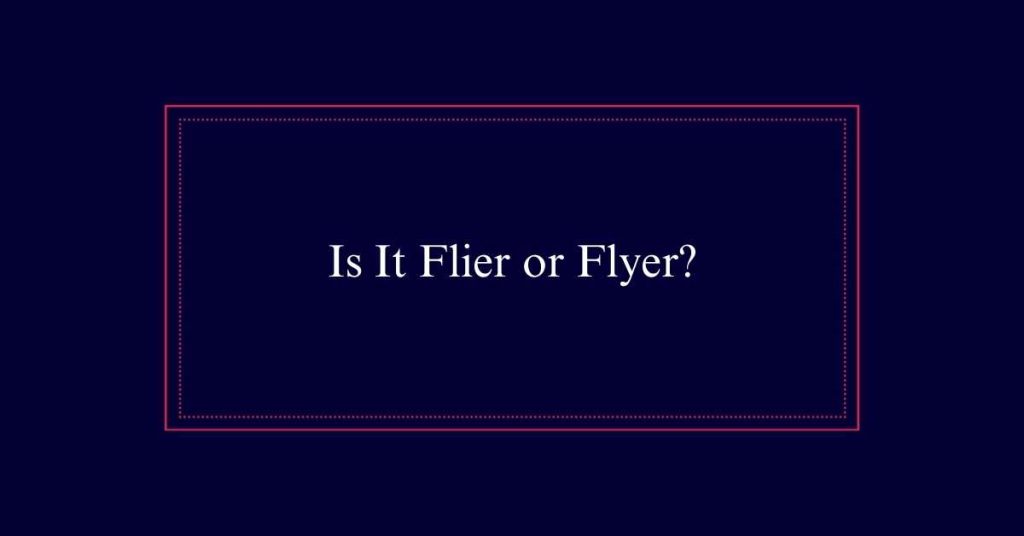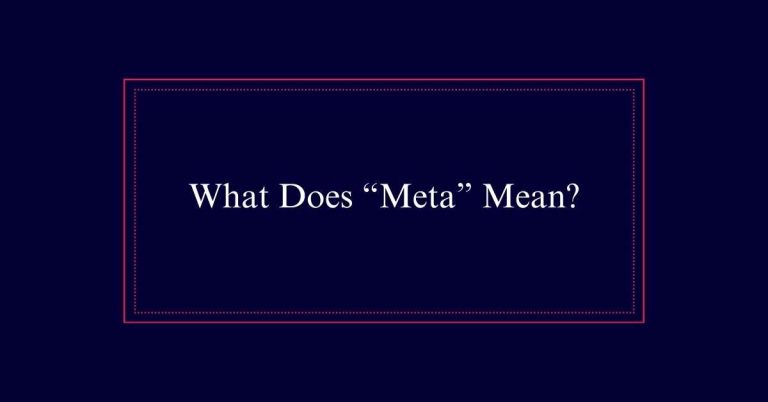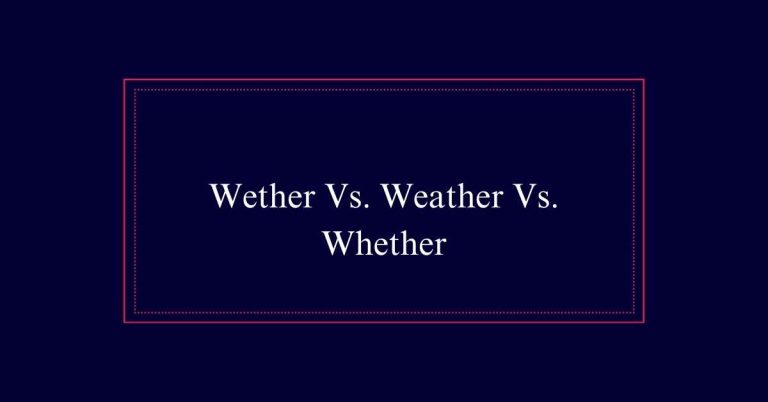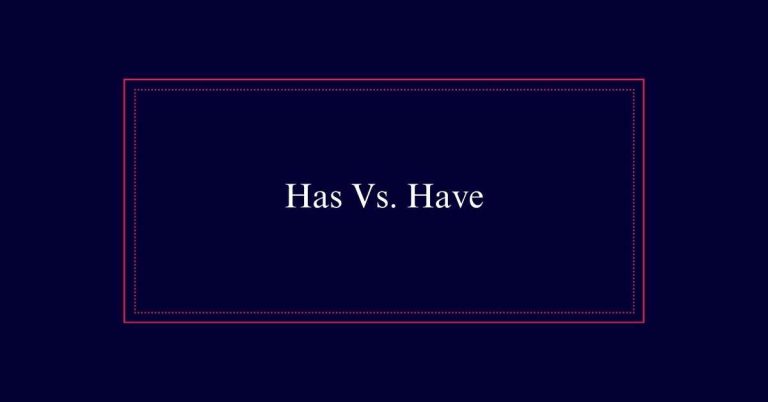Is It Flier or Flyer?
The choice between ‘flier’ and ‘flyer’ often depends on context and regional preferences. In American English, ‘flyer’ is commonly used for advertising pamphlets, frequent traveler program participants, and various promotional materials. ‘Flier’ is sometimes seen in British English. Both spellings are correct, but ‘flyer’ is more widely accepted across different industries, including aviation and marketing. Personal or organizational choice can influence which spelling is used.
Definitions of Flyer
Understanding the various definitions of ‘flyer’ is essential for effective communication across different contexts. A flyer can be a pamphlet used for advertising or spreading information. It may also refer to a person, animal, or object that flies.
In air travel, a flyer often denotes a participant in a frequent flyer program. Additionally, in the crafting world, a flyer is a device employed for twisting yarn. These diverse meanings—ranging from advertising to aviation and crafting—highlight the word’s versatility.
Recognizing these definitions guarantees clarity and precision when using the term in varied situations. As a result, the word ‘flyer’ encompasses a broad spectrum of applications, making it a multifaceted term in the English language.
Advertising Flyers
Advertising flyers are effective tools for promoting events, products, or services. These printed materials are designed to capture attention quickly and convey essential information succinctly. A well-crafted flyer includes a compelling headline, clear details, and a strong call to action.
Visual elements such as images or graphics enhance its appeal and readability. Distribution strategies can vary, including direct mail, handouts, or placement in high-traffic areas. Digital versions can also be shared via email or social media.
The key to a successful advertising flyer is its ability to engage the audience immediately and motivate them to act. Given their low cost and ease of production, flyers remain a popular choice for businesses and organizations seeking effective advertising solutions.
Flyers in Aviation
In the field of aviation, the term ‘flyer’ commonly refers to passengers participating in frequent flyer programs. These programs reward loyal travelers with points or miles that can be redeemed for flights, upgrades, and other perks. Airlines use these incentives to encourage repeat business and foster customer loyalty.
Frequent flyers often enjoy benefits such as priority boarding, access to exclusive lounges, and additional baggage allowances. The term ‘flyer’ also extends to promotional materials distributed by airlines, offering information about services and destinations.

Flyers in Crafting
A flyer in crafting is an essential component of a spinning wheel used for twisting yarn. This device facilitates the smooth and efficient spinning of fibers into yarn.
The flyer rotates, guiding the yarn onto the bobbin in an even and consistent manner. It is important for maintaining the desired tension and twist during the spinning process.
Without a well-functioning flyer, the yarn could become uneven or break, affecting the quality of the final product. The design and material of the flyer can vary, but its primary function remains the same.
Preferred Spellings
Preferred spellings of the term ‘flyer’ or ‘flier’ often depend on the style guide being followed. While some guides show a preference for one spelling over the other, consistency is key. Here are some considerations:
- Historical Usage: ‘Flyer’ has been more common in American English, while ‘flier’ is sometimes seen in British English.
- Industry Preferences: Airlines and travel industries often use ‘flyer’ for branding consistency.
- Contextual Flexibility: Both spellings are acceptable in different contexts, allowing for personal or organizational preference.
Choosing between ‘flyer’ and ‘flier’ can be a matter of tradition or specific industry standards. Understanding preferred spellings helps maintain clarity and professionalism in communication.
Style Manual Guidelines
Style manuals provide differing guidelines on whether to use ‘flyer’ or ‘flier’. Various reputable style guides offer distinct preferences, contributing to the ongoing debate. The Associated Press (AP) Stylebook prefers ‘flier,’ while the Oxford English Dictionary (OED) leans towards ‘flyer’. The Chicago Manual of Style does not specify a preference, allowing flexibility.
| Style Manual | Preferred Spelling |
|---|---|
| Associated Press (AP) | Flier |
| Oxford English Dictionary | Flyer |
| Chicago Manual of Style | No Preference |
| The Elements of Style | No Preference |
These differences highlight the importance of adhering to the chosen style manual for consistency. Writers should check the guidelines of their preferred manual to maintain uniformity in their work.
Airline Spelling Preferences
When it comes to spelling preferences, airlines typically favor the term ‘flyer’ for consistency in their branding and communication. This choice helps uphold a unified image across all platforms, from ticketing to marketing materials. The preference for ‘flyer’ guarantees passengers and stakeholders recognize and trust the airline’s communications.
Here are a few reasons why airlines opt for ‘flyer’:
- Brand Consistency: Using ‘flyer’ across all materials reduces confusion and strengthens brand identity.
- Industry Standard: Many airlines have adopted ‘flyer’ as a standard term, aligning with industry norms.
- Customer Familiarity: The term ‘flyer’ is widely recognized and understood by the general public, facilitating clear communication.
This consistent spelling approach aids in creating a cohesive and professional brand image.
Flyers in Sentences
How do different contexts influence the usage of ‘flyer’ and ‘flier’ in sentences?
In advertising, ‘flyer’ is often used to refer to promotional pamphlets, such as ‘The store handed out flyers for the sale.’
In aviation, airlines may prefer ‘flyer’ as in ‘She is a frequent flyer with the airline.’
However, ‘flier’ is sometimes used in other contexts, like ‘He took a flier on that risky investment.’
In crafting, ‘flyer’ appears in sentences like ‘The spinning wheel’s flyer helps twist the yarn.’
Flier in Sentences
In various contexts, ‘flier’ often appears in sentences involving risk or quick actions. This spelling is frequently used to capture dynamic scenarios where speed or chance plays an important role.
- Investment Risks: ‘He took a flier on that startup, hoping for a big return.’
- Sports: ‘The team took a flier on the young player, despite his lack of experience.’
- Travel: ‘She decided to book a last-minute flier to New York for the weekend.’
Spelling Flexibility
Despite the distinct contexts for using ‘flier,’ the spelling flexibility of the term allows for varied personal and professional preferences.
Different style manuals and dictionaries do not mandate a single correct spelling, leaving room for individual choice.
Some prefer ‘flyer’ for its visual appeal and consistency, especially in marketing and aviation.
Others opt for ‘flier’ due to its traditional usage in older texts and specific style guides.
This flexibility benefits industries and individuals by allowing them to choose the spelling that best aligns with their branding or personal style.






